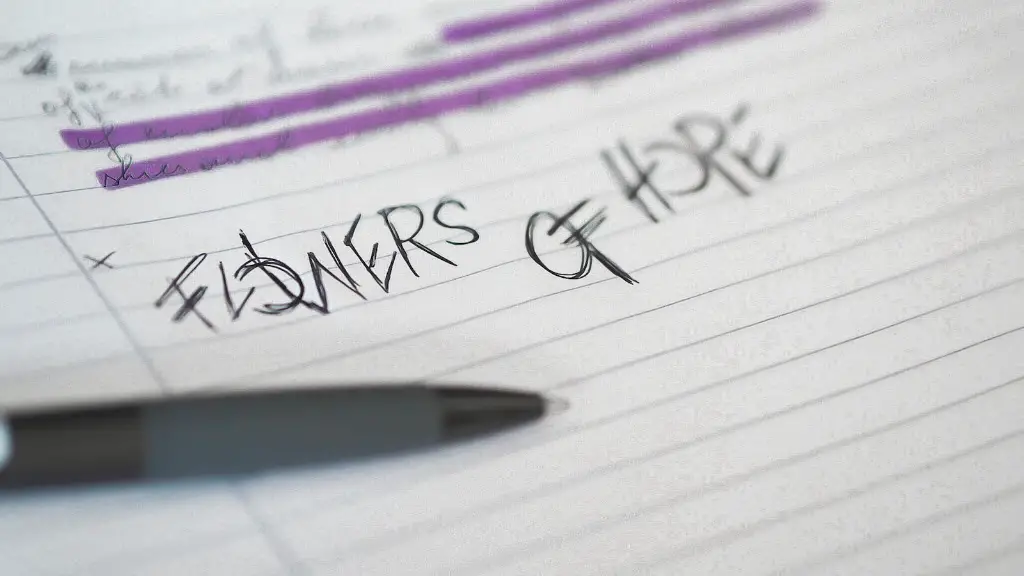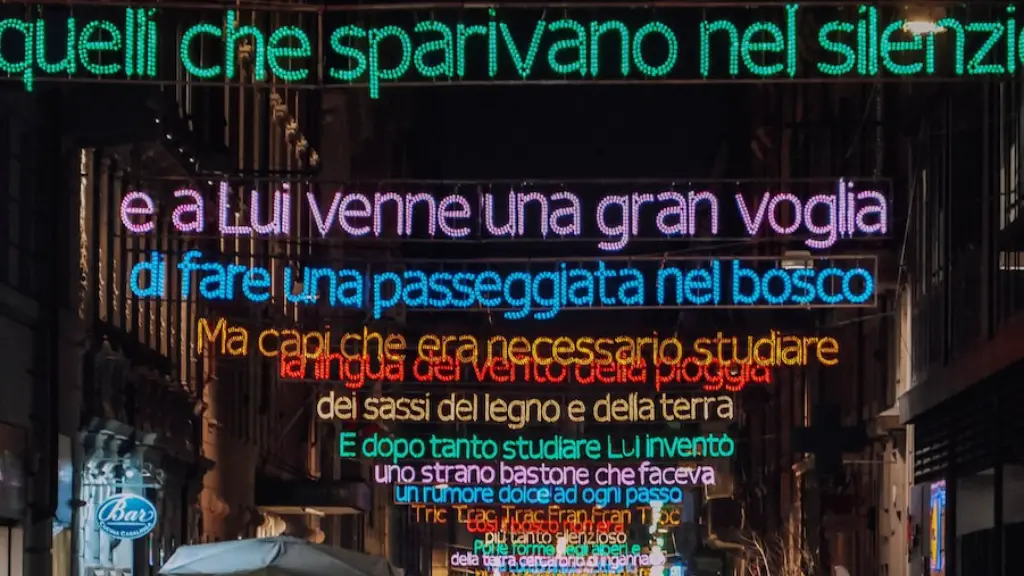What is Hebrew Poetry?
Hebraic poetry is the poetic style unique to the Hebrew language. It can be found in the Bible and other sacred texts, but also in formal works such as the medieval Spanish Golden Age of Hebrew poetry. The rhyme and metre of Hebraic poetry varies from culture to culture and language to language. Modern Hebrew poetry is highly varied in scope and technique, including works by both Israeli and Palestinian authors.
Characteristics of Hebrew Poetry
Hebraic poetry is known for its intricate structure, its use of metaphor, and its lyrical beauty. Much Hebrew poetry does not follow a specific meter or have a specific rhyme scheme. Instead, it is characterized by its effortless flow from one poetic line to another. In many cases, the poetry contains various allusions to biblical verses and other ancient texts.
The themes of Hebraic poetry are many and varied. It can focus on religious topics, exploring the ritual and symbolic aspects of Jewish culture. It can be political in nature, expressing a nation’s yearnings and struggles. It can also be playful and lighthearted, exploring everyday life and the complexities of human relationships.
Hebrew poetry is often written in a style of elaborate language which is sometimes referred to as Logocentric. This type of language involves the play of words in order to make a point. Such language can be difficult for beginners to understand, but to those familiar with the Hebrew language it can be a delight to the ears.
Hebraic Poetry in the Bible
Hebraic poetry can be found throughout the Bible. It was used to communicate spiritual truths and convey important messages. For example, the book of Psalms contains several examples of ancient Hebraic poetry. These poems are often praised for their beauty and power. Many believers see these ancient poems as an expression of spiritual longing or an expression of faith.
Furthermore, Hebraic poetry appears in other ancient texts such as the Song of Solomon, Proverbs, and Ecclesiastes. In all of these examples, we can find the same intricate structure, the use of metaphor, and the thoughtful examination of life’s great mysteries.
Medieval Spanish Golden Age of Hebrew Poetry
In the Middle Ages, the Spanish period was a golden age for Hebraic poetry. Hebrew poets from this period wrote intricate poems based on the nuances of Hebrew language. They also wrote works in modern Spanish, which was sometimes mixed with Hebrew poetry for greater effect.
As Jewish life in Spain was flourishing during this period, many poets wrote about the joys and struggles of living in exile. Themes such as love, longing, and hope resonate throughout their works. Additionally, these poets often used allegory and symbolism to explore complex ideas.
Modern Hebrew Poetry
Modern Hebrew poetry is eclectic in terms of themes and techniques. Israeli authors such as Chaim Nachman Bialik and Yehuda Amichai are known for their sharply inventive works. Palestinian authors such as Mahmoud Darwish and Samih al-Qasim are also known for their innovative works.
In addition, poets such as Tsfira Eini and Natan Zach are known for combining ancient Hebraic poetry with modern forms. Through their works, these authors explore the ancient and modern, the sacred and the mundane. They create an inventive and unique form of expression that has much to offer the modern reader.
Hebrew Prose Poetry
A subset of Hebrew poetry is called Hebrew prose poetry. This type of poetry abandons the traditional structure of Hebraic poetry and instead features long, uninterrupted streams of words. This style of Hebrew poetic is often lyrical and meditative in nature, exploring profound spiritual and philosophical themes.
One of the most famous examples of Hebrew prose poetry is found in the book of Job. This book consists of a lengthy monologue featuring Job’s responses to God’s punishment. Through Job’s words, we can examine the depths of despair and the power of faith in the face of tragedy.
Conclusion
Hebrew poetry is an exquisitely intricate art form. It has been used throughout the ages to convey spiritual truths and evoke powerful emotions. This ancient poetry can be found in the Bible and other texts, but it also continues to thrive in modern works. Whether it is the delicate structure of Hebraic poetry or the lyrical beauty of Hebrew prose poetry, Hebrew poetry is an essential part of the language and the culture that surround it.

